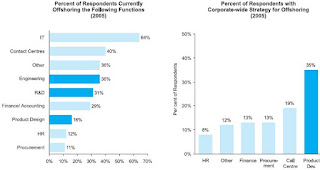Wipro Technologies has acquired Infocrossing, Inc.
Deal information
- For US$600 million, this is the largest-ever overseas acquisition by an Indian IT firm
- The agreement is for $18.70 per share in an all cash deal
What’s in it for Wipro
- This deal will address the capability gap regarding capability gap we had regarding managed data center hosting services
- Wipro would be one of the world leaders in end-to-end IT infrastructure management solutions
- Through Infocrossing, Wipro would deepen their presence in the United States with the addition of five data center locations and approximately nine hundred employees
- Wipro healthcare arm is also going to get a boost as Infocrossing is also a heathcare solutions provider, where they have a unique IP and actually own the platform. Wipro will be able to provide healthcare solutions to their large customers, including the specific platform
- Infocrossing brings about 200 clients to Wipro, thus enhancing its total client base while providing an opportunity to cross-sell its other services
Other information:
Wipro was advised on the transaction by Citigroup and represented by the law firm of Wilson Sonsini Goodrich and Rosati, and Infocrossing was advised by Credit Suisse Securities (USA) LLC and represented by the law firm of Gibson, Dunn & Crutcher LLP.
About Infocrossing
Infocrossing, Inc. is a provider of selective IT infrastructure, enterprise application and business process outsourcing services delivering the computing platforms and proprietary systems that enable companies, regardless of industry, to process data and share information within their business, and between their customers, suppliers and distribution channels. Leading companies leverage Infocrossing's robust computing infrastructure, skilled technical team, and process-driven operations to reduce costs and improve service delivery by outsourcing the operation of mainframes, mid-range, open system servers, networks and business processes to Infocrossing





 NASSCOM
NASSCOM